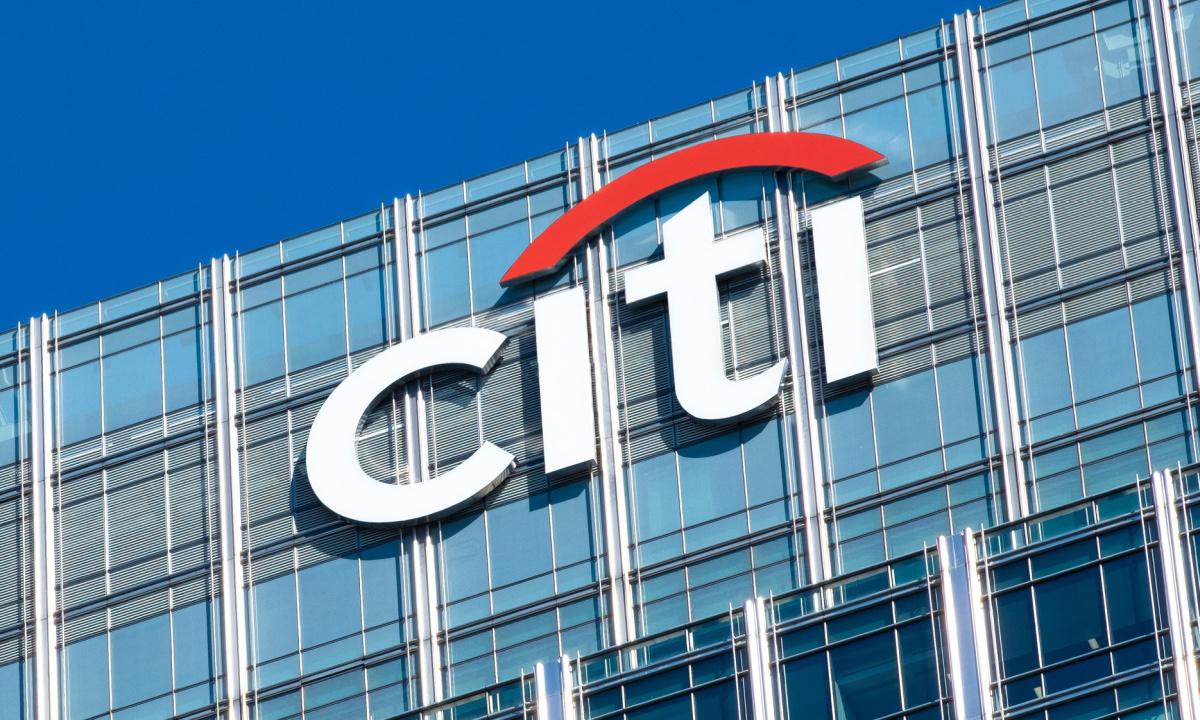Citi Wealth has chosen BlackRock to develop a new portfolio offering for its clients.
Citi Portfolio Solutions powered by BlackRock, announced Thursday (Sept. 4), will see BlackRock manage around $80 billion in assets for thousands of Citi Wealth clients whose accounts are currently managed by Citi Investment Management (CIM).
“We want to bring best-in-class advice, solutions and service to our clients, and we want to serve more of the world’s changemakers,” said Andy Sieg, Citi’s head of wealth.
“With this offering, we can accomplish both. It brings together the sophisticated relationship-driven and market-based advice of our bankers, backed by the insights of our own Chief Investment Office, with the renowned investment expertise and innovative technology capabilities of BlackRock.”
According to a news release, the agreement will see BlackRock manage a mix of “core, opportunistic and thematic” investment strategies across equities, fixed income, multi-asset Class strategies and, eventually, private markets.
Citi has also chosen BlackRock’s Aladdin Wealth technology platform — which features advanced risk, portfolio management and data insight capabilities — to help the bank’s private bankers and investment professionals.
The announcement came the same day that Merrill and Bank of America introduced a private market program aimed at the bank’s ultra-wealthy clients. The Alts Expanded Access Program, designed for ultra-high-net-worth (UHNW) clients with a net worth of $50 million or more, is set to launch this fall.
Meanwhile, recent PYMNTS Intelligence research has uncovered a subtle not still notable shift among higher-income Americans when it comes to managing their finances.
The data shows that as of January, 52% of individuals who make $100,000 or more annually now identify as “reactors” — those who manage finances on an as-needed basis — compared to 27% in February 2024.
Higher incomes have traditionally been associated with proactive financial management, characterized by strategic planning, consistent repayment of their debts and building a healthy savings cushion. But the current trend suggests that even affluent people are increasingly employing reactive approaches, addressing financial obligations as they crop up rather than via preemptive planning.
“While financial prudence is nothing new, the nature of these reactions suggests that broader economic uncertainties are playing a role,” PYMNTS wrote. “Inflation, geopolitical tensions and fluctuating interest rates have all contributed to a climate of uncertainty that extends beyond traditional economic strata.”

